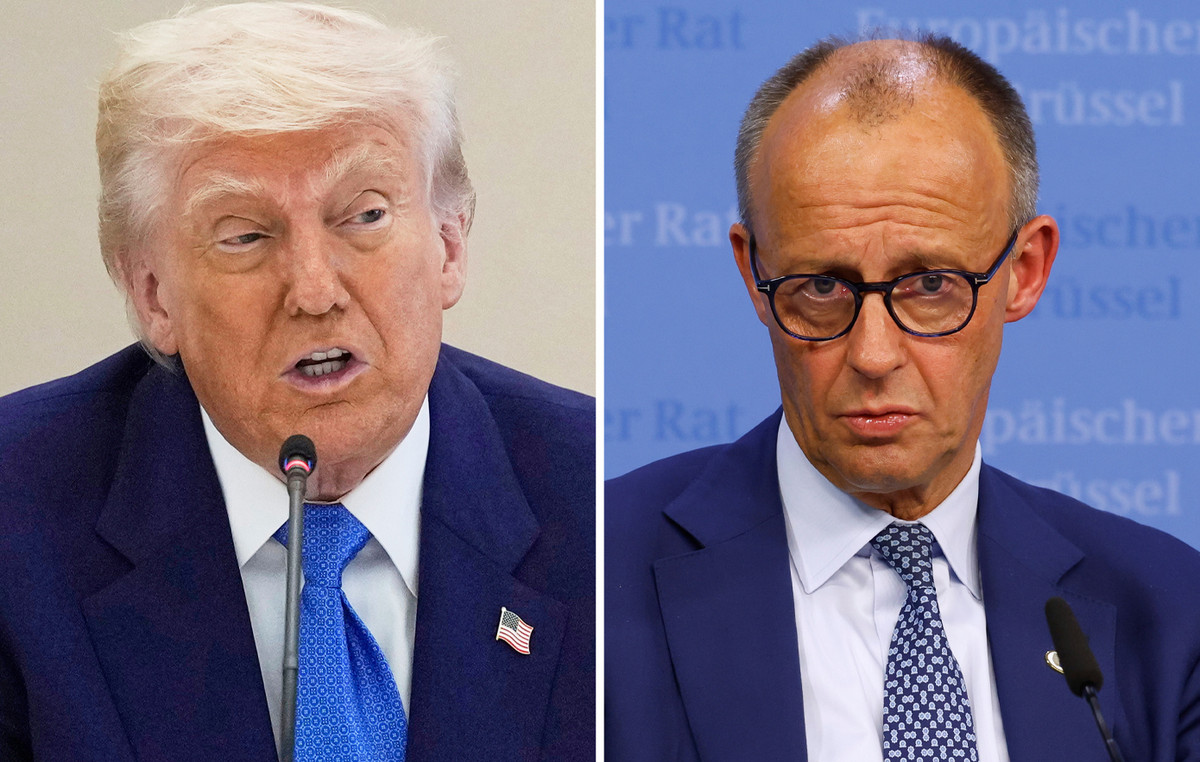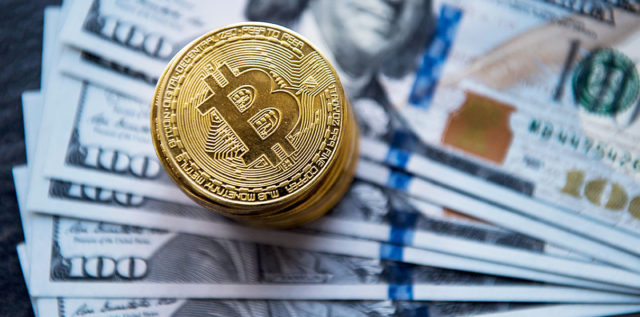- The Japanese Yen fell after BoJ officials cast doubt on next week’s rate hike.
- BoJ policymakers said they see little cost in waiting for the next rate hike, according to Bloomberg.
- Market expectations of a moderate ECB cut on Thursday could hamper the Euro’s recovery.
The Japanese Yen is weakening on all fronts on Wednesday as comments from BoJ policymakers have cast doubt on a widely expected 25 basis point rate hike next week. This has pushed EUR/JPY to test the resistance zone at 1.6030.
A Bloomberg report on Wednesday reported comments from BoJ officials noting that they see “little cost in waiting for the next rate hike” as, in their view, the risks of a weak yen fueling inflation pressures have diminished.
Officials stated that they would not vote against a rate hike in December if it is proposed, but did not prevent the negative reaction in the Japanese Yen.
EUR/JPY recovered about 170 pips after the news to reach a resistance zone at 160.30, which, so far, is holding the bulls. The ECB is widely expected to cut rates by 25 basis points on Tuesday and could hint at further easing in light of Germany’s weak economic outlook and political uncertainty in Germany and France. This will probably weigh on the pair.
The Bank of Japan FAQs
The Bank of Japan (BoJ) is the Japanese central bank, which sets the country’s monetary policy. Its mandate is to issue banknotes and carry out monetary and currency control to ensure price stability, which means an inflation target of around 2%.
The Bank of Japan has embarked on ultra-loose monetary policy since 2013 in order to stimulate the economy and fuel inflation amid a low inflation environment. The bank’s policy is based on Quantitative and Qualitative Easing (QQE), or printing of banknotes to buy assets such as government or corporate bonds to provide liquidity. In 2016, the bank doubled down on its strategy and further relaxed policy by first introducing negative interest rates and then directly controlling the yield on its 10-year government bonds.
The Bank of Japan’s massive stimulus has caused the Yen to depreciate against its major currency pairs. This process has been exacerbated more recently by a growing policy divergence between the Bank of Japan and other major central banks, which have opted to sharply raise interest rates to combat inflation levels that have been at record highs for decades. The Bank of Japan’s policy of keeping rates low has caused the differential with other currencies to increase, dragging down the value of the Yen.
The weakness of the Yen and the rebound in global energy prices have caused a rise in Japanese inflation, which has exceeded the 2% target set by the Bank of Japan. Even so, the Bank of Japan judges that sustainable and stable achievement of the 2% objective is still not in sight, so a sudden change in current monetary policy seems unlikely.
Source: Fx Street
I am Joshua Winder, a senior-level journalist and editor at World Stock Market. I specialize in covering news related to the stock market and economic trends. With more than 8 years of experience in this field, I have become an expert in financial reporting.







